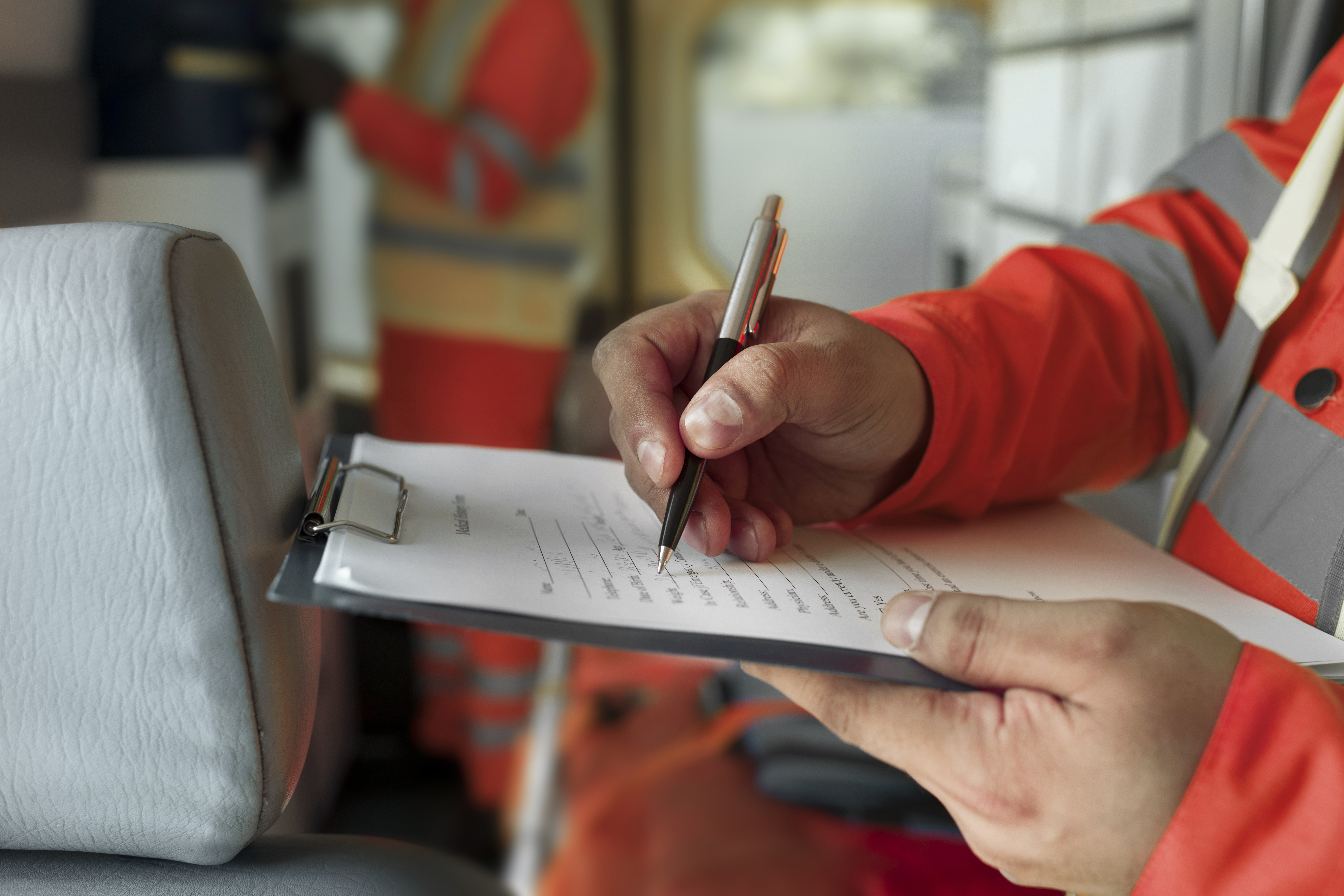Maintaining your building’s fire safety systems is one of the most important things you must do as a business owner, as it is these preventive measures that not only help you avoid catastrophe and tragedy but also ensure compliance with local fire codes.
On the subject of compliance, it’s vital that you have a thorough understanding of what fire safety inspections entail. Have a look at the following guide for all you need to know,
The Importance of Fire Safety Inspections
There are some reasons that are undoubtedly clear as to why you’d want to have your building inspected for fire safety, but there are others that you may not necessarily consider.
Regular fire safety inspections can help you do the following:
- Ensure the safety of your building and its occupants
- Help prevent unnecessary closure and losses
- Avoid noncompliance fines
- Lower insurance rates
- Reduce concerns about random inspections
Another aspect of fire safety inspection that not every business owner immediately considers is the impact that failing one might have on their company’s image. A failed inspection can signal to the public that you do not take the proper measures to protect the occupants of your building, which can cause potentially irreparable harm to your business and its reputation.
What Does a Fire Safety Inspection Entail?
Though fire safety inspections vary depending on the nature of the business being reviewed, there are a few parts of inspections that are universal to any commercial building, such as:
- Testing your fire sprinkler systems
- Testing fire alarms
- Checking for certified fire extinguishers
- Ensuring effective emergency exits and lights
Ensuring these aspects of building fire safety are covered is crucial to passing any inspection, but some common additions to your fire safety inspection may include the following, depending on your establishment:
Kitchen Fire Systems
If your building has a kitchen, there is, of course, an elevated risk of fire, meaning you’ll need to have more fire safety measures in place. An inspection will include testing your kitchen hood systems to ensure that they are operating properly and don’t pose a greater risk of fire.
Marine Fire Inspection
A fire on the water may sound oxymoronic, but that doesn’t mean it can’t happen. Marine fire protection is crucial for any business where boats are present. Ensuring that you are up to code and well-protected against marine fires is crucial as your business undergoes fire safety inspection.
Spray Booth Safety
Businesses that paint vehicles — oftentimes through spray booths — are at an elevated risk of fires due to the flammable paints in use and the fumes they create. As such, these establishments must follow specified fire safety protocols in order to remain compliant and to keep their building protected.
Avoiding a Fire Safety Inspection Failure
As you likely know — especially as a business owner — there are more than a few nuances to a safety inspection that can be easy to overlook, resulting in a potentially costly failure.
Keep the following tips in mind to guarantee that you pass your next inspection:
- Ensure detectors and exit signs are working
- Maintain proper signage and markings
- Ensure that all exits are not blocked
- Do not use hallways and stairways for storage
Make sure that all of these aspects of fire safety are considered before your inspection, and you’ll be well on your way to passing with flying colors.
Schedule Your Regular Fire Safety Inspection
You should be having your fire safety systems inspected at least once per year, if not twice. If you’re looking to hire fire safety inspection professionals, reach out to Preventive Fire today, and we’ll help you get started.

